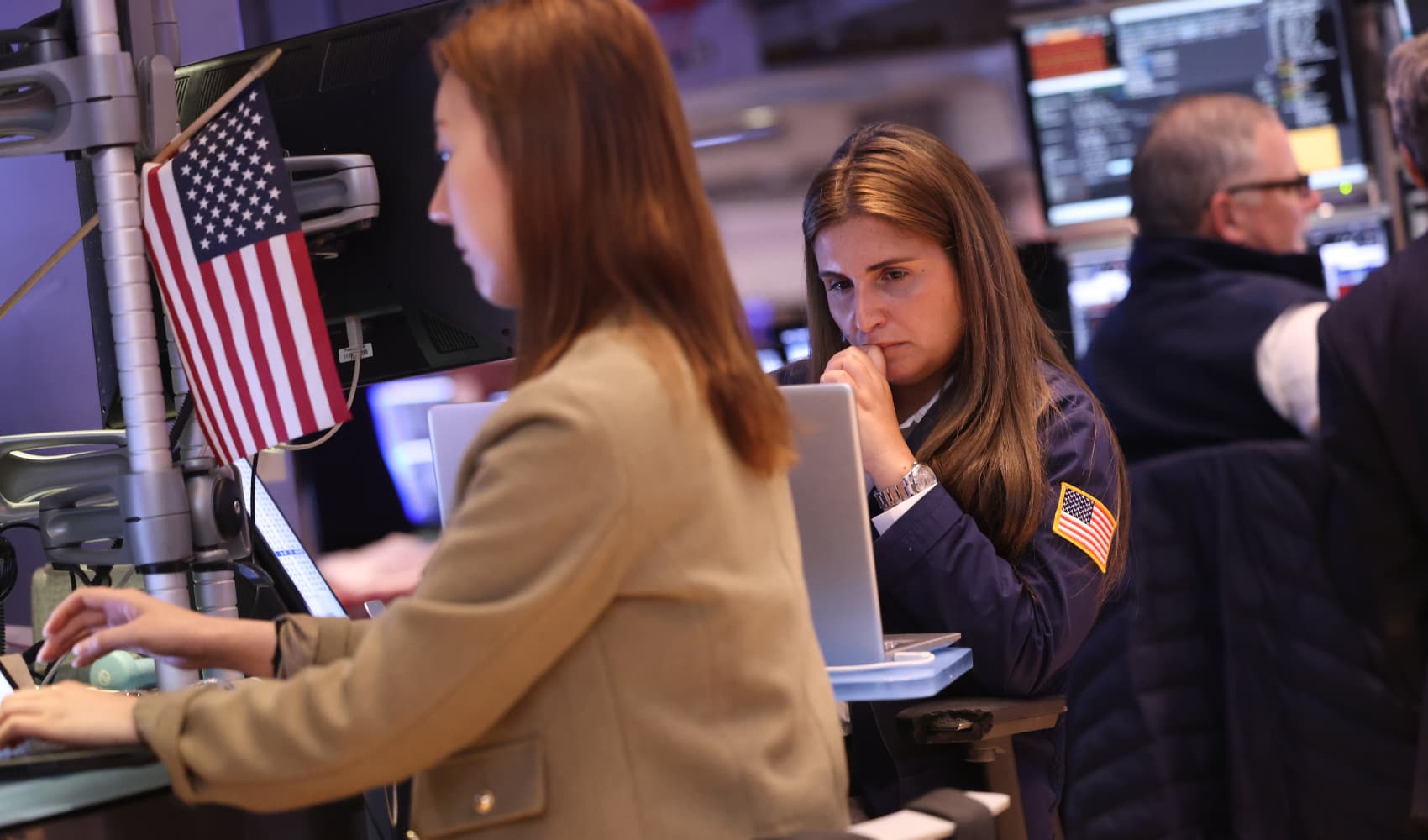
In 2023, working for a company that offers a few days of paid time off isn't going to cut it. The best employers out there will instead focus on pushing "proactive rest," HR experts say.
Usually with time off, the thinking goes: "I will provide my employees PTO so when they find themselves stressed and worried and burned out, they can recover from it," says Brent Cassell, vice president of the HR Group at Gartner. "It's still a valuable tool, but proactive rest is more than that."
According to Gartner's 2023 work trends forecast, the best organizations are stepping up to usher in new perks and working models to help employees "maintain their emotional resilience and performance rather than offering rest as a recovery solution after both have plummeted."
After all, U.S. companies are notorious for offering paltry paid time off to workers, and even employees who have it are terrible at actually taking their days.
Get New England news, weather forecasts and entertainment stories to your inbox. Sign up for NECN newsletters.
So instead of just throwing some vacation days on the table, proactive rest in practice looks like companies experimenting with allowing call center agents to schedule their own breaks (office workers take this for granted, Cassell says), protecting meeting-free days, or shutting down operations for a weeklong company-wide holiday. Shopify already made waves this year by undergoing a "calendar purge" to cut down on recurring meetings. And firmwide shutdowns have gained traction through the pandemic, with the likes of Bumble and PwC closing their offices for a full week around July and December holidays.
Some companies are playful in how they roll out proactive rest. Last spring, the CEO of Wakefit, a mattress and furniture company headquartered in India, emailed workers about the company's new "Right to Nap" policy, where no work is to be done between 2 p.m. and 2:30 p.m. to encourage employees to take an afternoon nap.
Others are setting the tone with new hires immediately, like at SevenRooms, a tech hospitality company, which gives new hires two weeks of paid time off (and health insurance coverage) before they start their first day.
Money Report
And on the more experimental side, Cassell expects the 32-hour, four-day workweek to pick up steam this year. Dozens of U.S. companies joined the 4 Day Week Global pilot program last year, with positive results that most will continue.
Cassell says businesses need to get onboard in the thinking that "rest is not the absence of performance. It's part of performance."
He adds: "How do we think about rest not to recharge after we burn out, but ensure our employees stay charged over time?"
The shift in seeing rest as a business priority is long overdue. "We are seeing unprecedented levels of stress and worry among employees," Cassell says. Burnout is at an all-time high, according to Gallup, and it's officially considered an occupational hazard per the World Health Organization.
In 2022, the average person worked 9 hours of unpaid overtime per week, up from 6 hours per week before the pandemic, according to Gartner data. And 93% HR leaders said they were more concerned about employee burnout than before.
Cassell worries leaders will see a potential recession as reason to push their workers even harder. Some 77% of HR leaders believe high-performing employees work longer hours than average employees, according to Gartner surveys, so it makes sense to lean on these workers to keep up production and cut costs.
Even if that's the case, Cassell argues, "with increased volatility, we see an argument for taking rest more seriously" to prevent employees from becoming demoralized, making mistakes, burning out or quitting.
"In times of stress and worry, if we're not careful we might send the message that you just need to work more," Cassell says. "I don't think that's a recipe for success. It's a recipe for burnout."
Check out:
Workers who tested 4-day workweek say they’ll never return to 5 days—or only with a huge pay bump
After a rescinded job offer and dead-end interviews, this 35-year-old launched his own business
This is the No. 1 place to live and work abroad―and it's launching a new digital nomad visa
Sign up now: Get smarter about your money and career with our weekly newsletter






